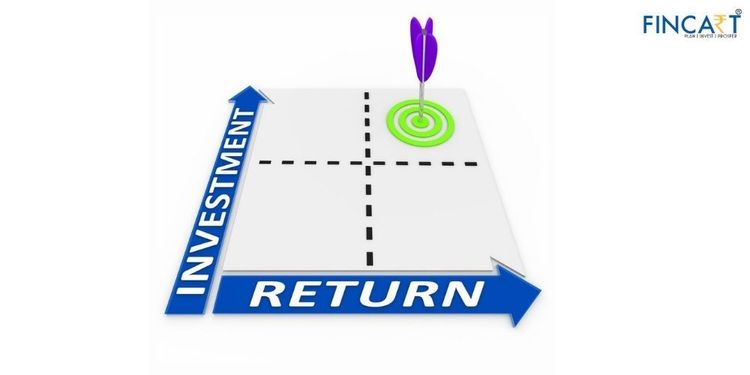Table of Contents
ToggleMost people wish to maximize the return on their investments. It’s a very common question that most investors ask. How much return can I expect?
When it comes to maximizing returns, there is only one secret sauce to wealth creation – (i.e.- Power of Compounding). We have learned this in School.
A = P*(1+r)^n
Unfortunately, most of us focus on only one side of the picture (i.e.- r – return), while ignoring the other side (i.e. – n – time of investment). In reality, maximum wealth creation is not because of “r – return” alone but because of “n – the time period of your investments”.
It is time that plays a more crucial role in wealth creation, if we can optimize “r” and “n”, then no one can stop us from this.
This formula teaches us a few very important things:
A= 1*(1+1%)^365 = 37.78
Rupee 1 compounded over a long-term period resulted in growing to Rupees 37.78 (almost 38 times)
A=1*(1-0.01%)^365= 0.9642
Even if incurs a very marginal negative return of 0.01% and the mistake gets repeated, Rupee 1 reduces its principal value to Rs. 0.96 and will be less even after a long-term period.
There are two learnings here:
1. Power of Compounding works like magic over a long-term period.
2. We should not lose money; hence we should not experiment with the money.
While positive returns compounded create wealth, losing your hard-earned money can be fatal if it happens regularly.
How do we compound the money and not lose the principal amount as well?
Most people are aware that the power of compounding works very well over a long-term period. However, very few know that it does not effectively & efficiently work for a time horizon of less than 5 years.
How do we optimize investment returns and mitigate the risk of investments?
Optimizing investment returns and mitigating the risk of investment is easy as one can invest either via an Equity Mutual Fund or simply invest in an Exchange Traded Fund (ETF). Equity Mutual Funds or Equity Markets have generated maximum returns as an asset class.
However, investing in Equity comes with the risk of volatility. The ups & downs of the market make people nervous about investing. The art of risk management in investing in an Equity Mutual Fund or Equity Index reduces with increasing time horizons. Historically the equity market over a long time of 10 years, even on a rolling basis has not destroyed capital. It has created wealth. Make volatility your friend, ride the volatility, fewer, and then watch your investments multiply.
Investing in Equity Mutual Fund or ETF for a shorter period can be quite risky. There is a 60% probability of making money while investing in an Equity Mutual Fund for a time horizon of 1 year; the probability increases to 78% for a time horizon of 3 years and 85% for a time horizon of 5 years. Please note that this statistic applies to the overall index/ equity funds and not to individual stocks. Individual stocks face mortality over a long time as well. Hence, beginners must refrain from experimenting with their hard-earned money.
Also Read: Equity Mutual Fund VS Debt Mutual Fund: Which is Better?
Goal-based investing works best
Hence it makes sense to segregate your short-term (less than 5 years) and long-term goals (more than 5 years). Pick the most appropriate investment option that best suits your goals. Following this simple process will help create a huge amount of wealth.




